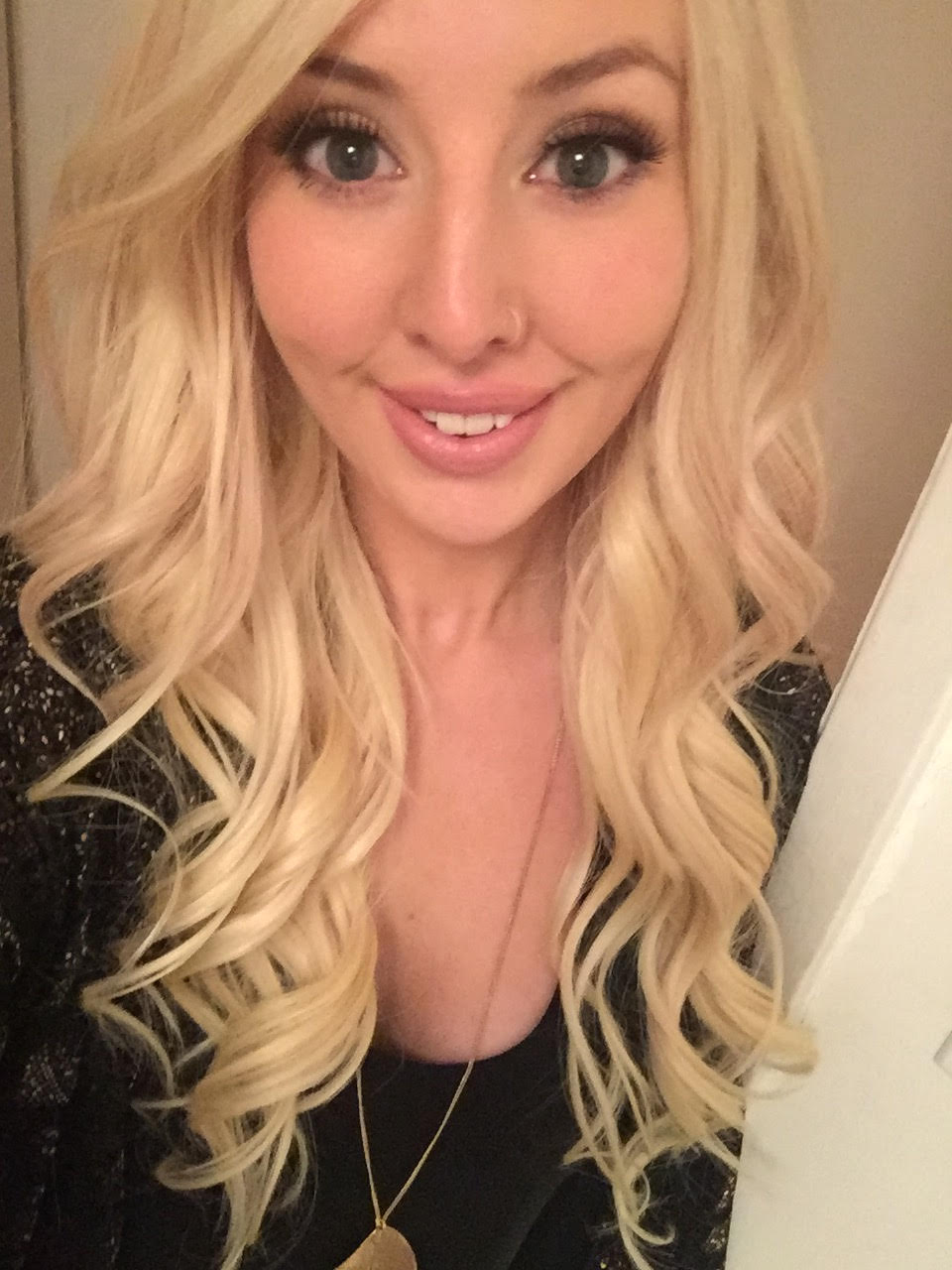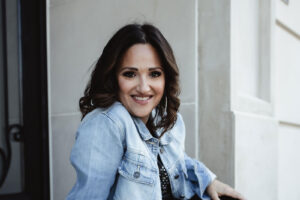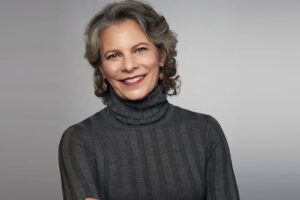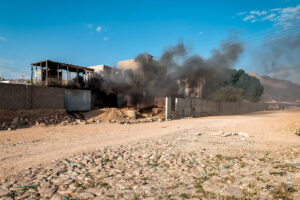Chantelle Krangle, 27, has long, soft, wavy blond hair that would make any woman envious. She’s one of those tough chicks: The Vancouver woman is one of the rare females who works for a shipyard as a shipfitter. She’s got a nose ring, a huge smile and she exudes confidence.
She owes it all to cancer.
When Krangle was six, she had stomach pains, so her mother took her to the family doctor who felt her belly and could feel a mass with his hand.
Twenty-four hours later, she was in surgery to remove a grapefruit-sized mass determined to be stage IV rhabdomyosarcoma. Doctors weren’t sure if she was born with it or if it had been growing for a long time.
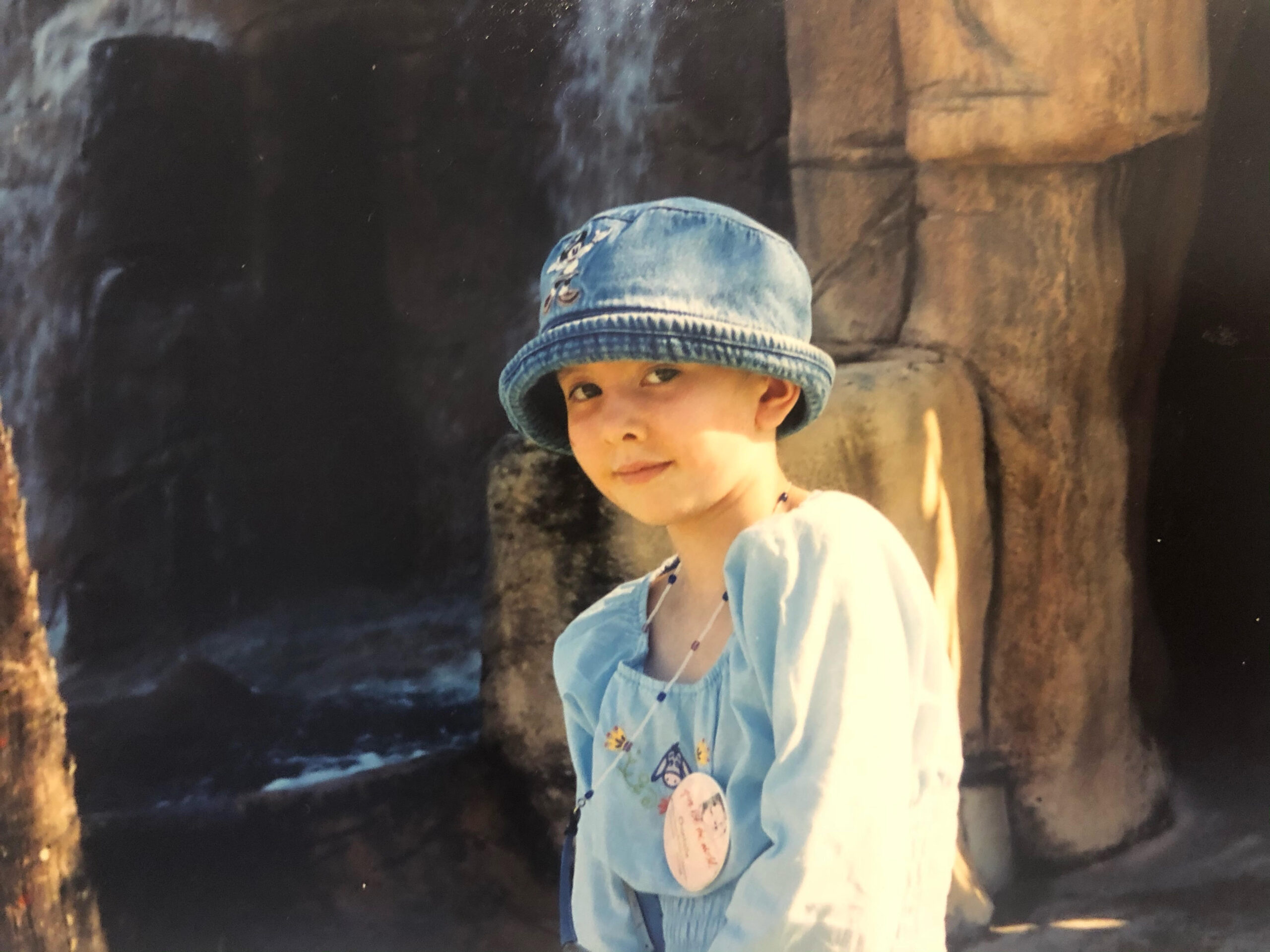
Rhabdomyosarcoma is a relatively rare cancer, more common in boys than girls and accounting for about 3 percent of childhood cancers, according to the American Cancer Society. It typically occurs in kids rather than adults.
A full year of intense chemotherapy, radiation, blood infusions and bone marrow transplants followed before Krangle was declared cancer-free.
But the cancer’s effects would never leave her body.
“The chemo made my hair fall out, and it never really came back,” Krangle says. “I’ve tried different things, and now I wear a weave that I get done every few months.”
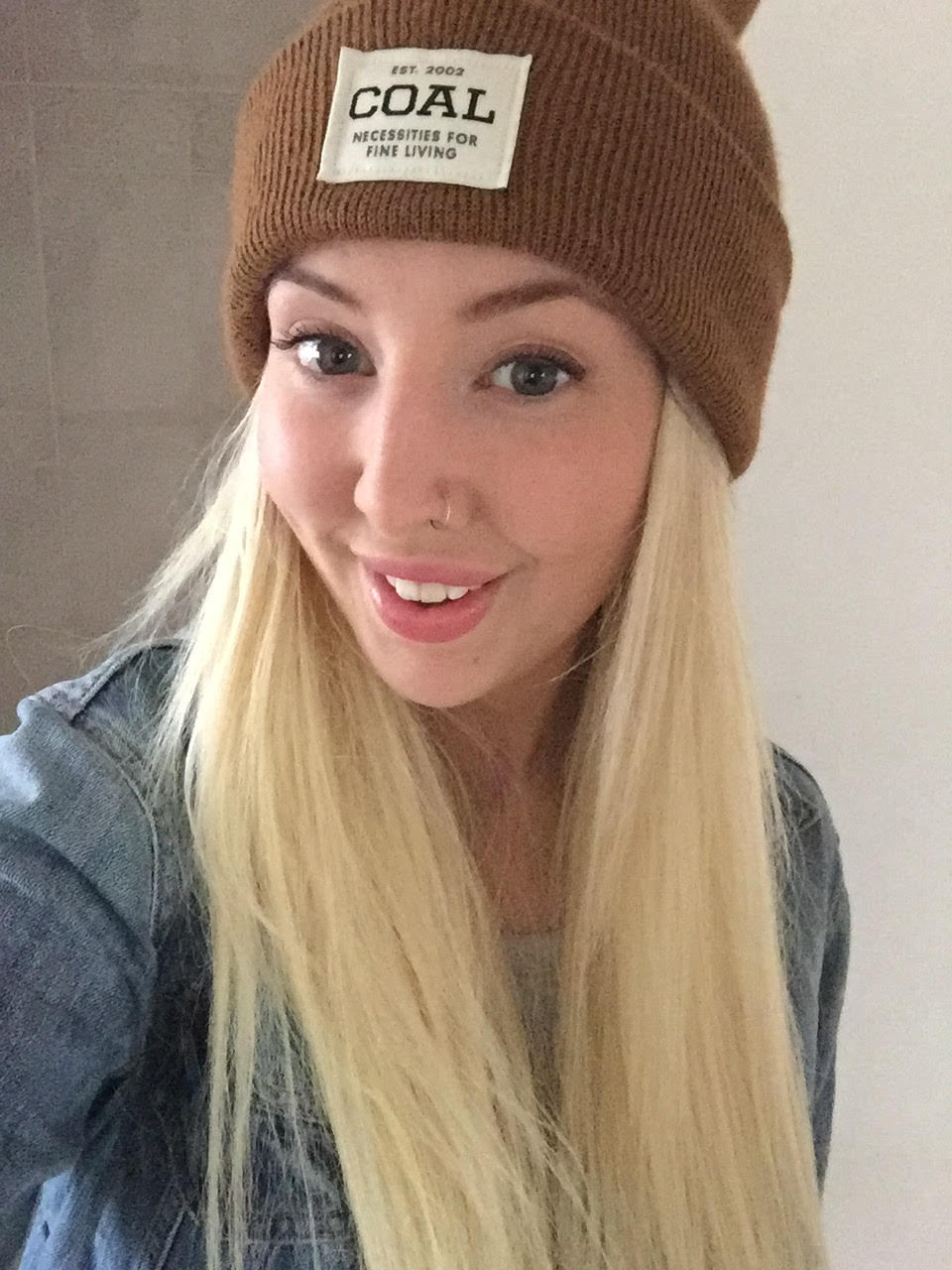
Aside from her hair and from playing catch up at school, Krangle felt like a normal child—until her 19th birthday. She had been going to the doctor annually for checkups, and at one of her final pediatric appointments, the doctor found cancer cells in her thyroid that may have resulted from the radiation treatment she received as a child.
“I was a young adult and was looking forward to a lot, and you think you’re good for so long—and then this comes up,” Krangle says. The doctor removed her thyroid, and since the cancer was caught early, she was good to move on with her life.
It wasn’t as easy this time. Krangle was at a crossroads and she didn’t know how to move on. Should she become a photographer? Should she specialize in outdoor recreation? She knew she didn’t want to have a desk job, but beyond that, she was confused. Then, Krangle stumbled upon a scholarship that would pay for her first level of trade school, so she entered welding school.
“I got my dream job,” Krangle says. Cancer, however, was never far behind.
Krangle stands tall in her welders uniform: Her goggles, overalls and massive helmet protect her from the fiery sparks flowing out of her tools. Inside that body, Krangle isn’t as strong.
“I developed scoliosis in my spine, which they think may have been from the radiation,” Krangle says. “I have a big flare up in my back right now, but I do the best I can. I take care of my body, but it can be frustrating.”
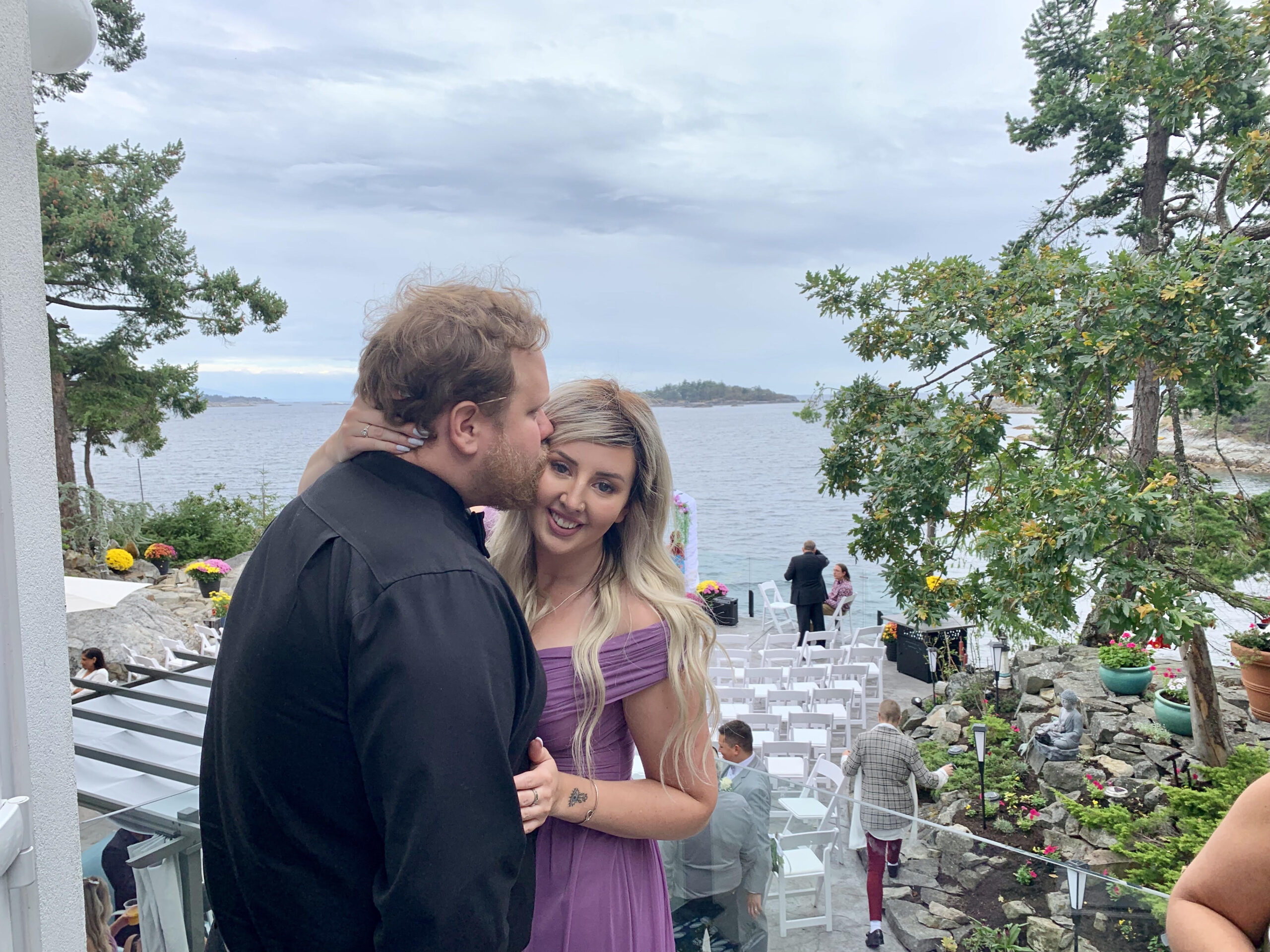
She met the love of her life at work and they bought their first home together. Cancer has plans for their future, too. Krangle was told she may have issues with fertility stemming from her past cancer treatments. She recently took an AMH blood test to see her egg quality levels, but that test returned with inconclusive results. She’s not sure if she can have the children she desperately wants.
“I would say, ‘Why me?’” Krangle says. “But at this stage, it is what it is. I just have to ground myself. I had Stage IV cancer at a very young age, it could not have gone well but it did and you have to be happy that you’re still here and you’re able to feel those pains.”
The journey hasn’t been an easy one, and Krangle says she wouldn’t have survived without her support system, the majority of whom she met at Camp Good Times, a camp for children and teens with cancer.
Going through something so traumatic at such a young age humbles you, and Krangle says she had a hard time relating with other children. She had the mantra, “life is short,” running through her head at all times—something the other kids simply didn’t understand. Having a place to connect with other children her age who had been through something similar was very important.
“It’s hard to go to school and be the girl who has cancer,” she says. “It’s all about being able to have that community and being able to relate to other people going through the same thing as you.”
